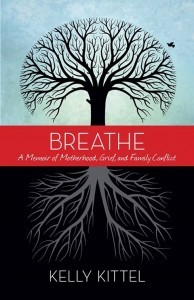Rhode Island Author Expo Spotlight – Bob Sendling
This post was originally posted on Martha Reynold’s blog and has been reposted here with author permission, minor revisions have been made.
Compassion
There are lines of perception that flow freely through the meditative mind which need space to expand and be fully realized. I had a social discussion recently that confused me. I sat up most of the night trying to understand…here are my thoughts:
Someone was saying that there are so many poor people who take advantage of “the kindness of strangers.” Actually, the statement was not nearly that gentle. The assumption is that most of the people on welfare or government assistance of any type are just ripping off the hard-working taxpayers. You know the stuff…free cell phones, free food, subsidized rent, free medical care.
As I heard these words, I found myself tuning out of the conversational flow. I thought of the pygmy tribes in Africa who cannot get medicine because the government considers them ‘sub-human’ and will not ‘waste’ medicine on them. I read of a kind missionary who buried a two-year-old boy because he was denied treatment at a hospital…the boy was a pygmy.
Where do we draw the line that determines who gets help and why? How can we decide that people who test positive for drug abuse do not get welfare? This is actually happening in several states in America right now.
Some people who have material wealth seem to be erecting a wall around those trinkets. Thich Nhat Hanh tells the story of a farmer who was so obsessed with losing a cow that he spent all day, dawn to dusk, counting them. He lived in constant fear of ever losing one and lived a tortured life in the process. Do you count your cows? Are you a victim of the relentless efforts of big business to engage you in consumerism?
Do you wonder how your email inbox just knows what new trinket might interest you? My computer is being data-mined as I write these words. That’s why I get so many emails and ads about spirituality and blues music.
We are all members of the human species, we are all born into this world and by that birthright should share in the available resources. Why do many of us, who find a small piece of that wealth, turn with such bitterness against those less fortunate? I think if you consider this question with clear perception you will come to the conclusion that those who covet the resources of this wonderful planet are constantly finding ways to widen the gap. Peace and love.
Visit Bob online here.






You must be logged in to post a comment.